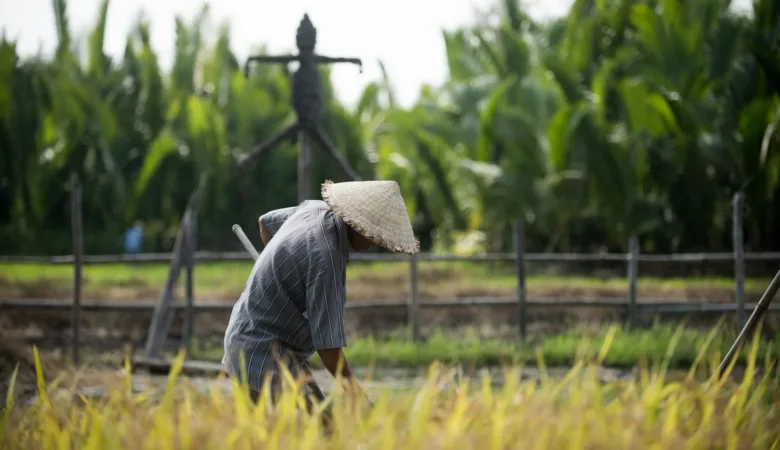Climate change is a pressing issue that has far-reaching consequences for our planet. One of the most visible and devastating impacts of climate change is the intensification of wildfires and heatwaves. These natural disasters have become more frequent and severe in recent years, posing a significant threat to both human and natural ecosystems.
Wildfires
Wildfires have always been a part of the Earth’s natural cycle, but climate change has exacerbated their frequency and intensity. Rising temperatures, prolonged droughts, and changing precipitation patterns have created ideal conditions for wildfires to occur and spread.
The increase in global temperatures caused by climate change has led to drier conditions in many regions, making vegetation more susceptible to ignition. Droughts, which are becoming more common and severe, further contribute to the dryness of the landscape, providing ample fuel for wildfires.
Additionally, climate change has altered precipitation patterns, leading to more frequent and intense rainfall events followed by longer dry periods. This creates a cycle of vegetation growth and subsequent drying, creating more fuel for fires when they ignite.
Furthermore, climate change has also disrupted ecosystems, allowing certain invasive species to thrive. These invasive species, such as the bark beetle, can weaken trees and make them more susceptible to wildfires.
As a result of these factors, wildfires are not only occurring more frequently but are also burning larger areas and lasting longer. This has severe implications for human health, wildlife habitats, and the economy.
Heatwaves
Heatwaves are another consequence of climate change that has been intensifying in recent years. A heatwave is defined as a prolonged period of excessively hot weather, often accompanied by high humidity.
Climate change has increased the likelihood and severity of heatwaves by raising global temperatures. As the Earth’s temperature rises, heatwaves become more frequent, longer-lasting, and more intense.
Rising temperatures during heatwaves can have serious health consequences, especially for vulnerable populations such as the elderly, young children, and those with pre-existing health conditions. Heat-related illnesses, such as heatstroke and dehydration, become more common during prolonged periods of extreme heat.
Heatwaves also have significant impacts on the environment. They can lead to droughts, reduced water availability, and increased evaporation rates, further exacerbating the risk of wildfires. Heat stress can also harm agriculture, leading to crop failures and food shortages.
Furthermore, heatwaves can disrupt ecosystems and biodiversity. Many species have specific temperature requirements for survival and reproduction. As temperatures rise, these species may struggle to adapt, leading to population declines and potential extinctions.
Addressing the Issue
Addressing the intensification of wildfires and heatwaves requires a multi-faceted approach. Mitigating climate change itself is crucial, as reducing greenhouse gas emissions can help slow down the rate of global warming. This can be achieved through transitioning to renewable energy sources, improving energy efficiency, and adopting sustainable practices in various sectors.
Additionally, investing in wildfire prevention and management strategies is essential. This includes measures such as controlled burns, creating firebreaks, and implementing early warning systems. Communities can also take steps to reduce their vulnerability to heatwaves, such as improving urban planning, increasing access to cool spaces, and implementing heatwave preparedness plans.
Furthermore, supporting scientific research and monitoring efforts can help improve our understanding of the impacts of climate change on wildfires and heatwaves. This knowledge can inform better decision-making and help develop more effective strategies for adaptation and resilience.
In conclusion, climate change is intensifying wildfires and heatwaves, posing significant risks to our planet and its inhabitants. The increasing frequency and severity of these natural disasters highlight the urgent need to address climate change and implement strategies to mitigate their impacts. By taking collective action, we can work towards a more sustainable and resilient future.














Leave a Reply